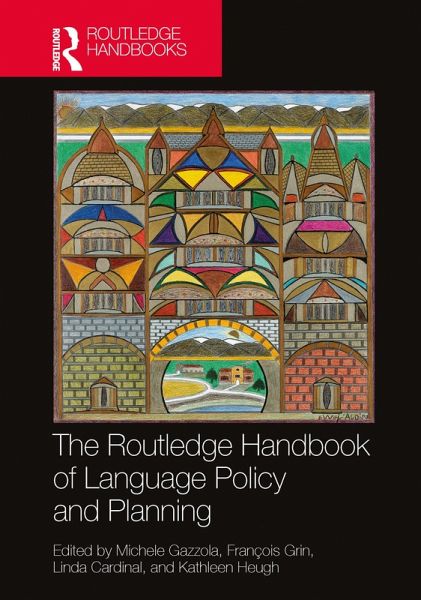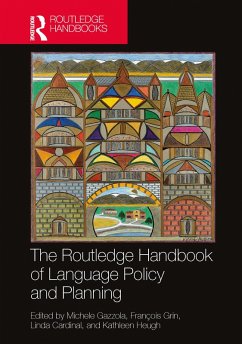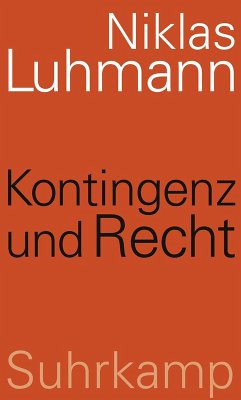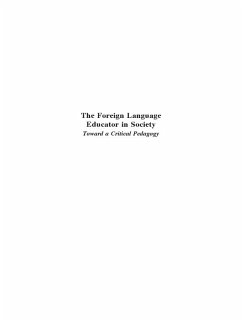
The Routledge Handbook of Language Policy and Planning (eBook, ePUB)
Versandkostenfrei!
Sofort per Download lieferbar
46,95 €
inkl. MwSt.
Weitere Ausgaben:

PAYBACK Punkte
23 °P sammeln!
The Routledge Handbook of Language Policy and Planning is a comprehensive and authoritative survey, including original contributions from leading senior scholars and rising stars to provide a basis for future research in language policy and planning in international, national, regional, and local contexts.The Handbook approaches language policy as public policy that can be studied through the policy cycle framework. It offers a systematic and research-informed view of actual processes and methods of design, implementation, and evaluation.With a substantial introduction, 38 chapters and an exte...
The Routledge Handbook of Language Policy and Planning is a comprehensive and authoritative survey, including original contributions from leading senior scholars and rising stars to provide a basis for future research in language policy and planning in international, national, regional, and local contexts.
The Handbook approaches language policy as public policy that can be studied through the policy cycle framework. It offers a systematic and research-informed view of actual processes and methods of design, implementation, and evaluation.
With a substantial introduction, 38 chapters and an extensive bibliography, this Handbook is an indispensable resource for all decision makers, students, and researchers of language policy and planning within linguistics and cognate disciplines such as public policy, economics, political science, sociology, and education.
The Handbook approaches language policy as public policy that can be studied through the policy cycle framework. It offers a systematic and research-informed view of actual processes and methods of design, implementation, and evaluation.
With a substantial introduction, 38 chapters and an extensive bibliography, this Handbook is an indispensable resource for all decision makers, students, and researchers of language policy and planning within linguistics and cognate disciplines such as public policy, economics, political science, sociology, and education.
Dieser Download kann aus rechtlichen Gründen nur mit Rechnungsadresse in A, B, BG, CY, CZ, D, DK, EW, E, FIN, F, GR, HR, H, IRL, I, LT, L, LR, M, NL, PL, P, R, S, SLO, SK ausgeliefert werden.













